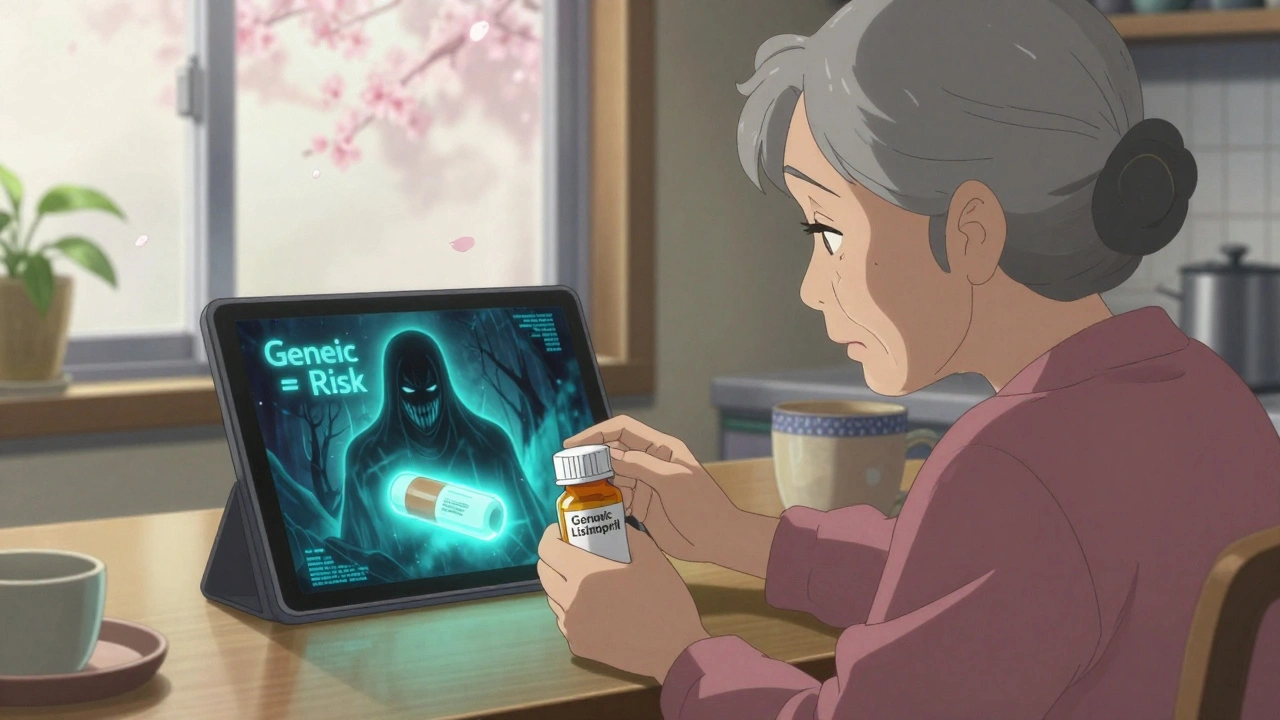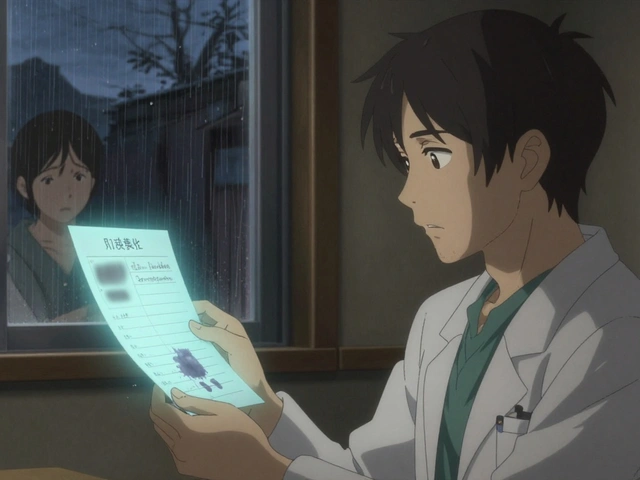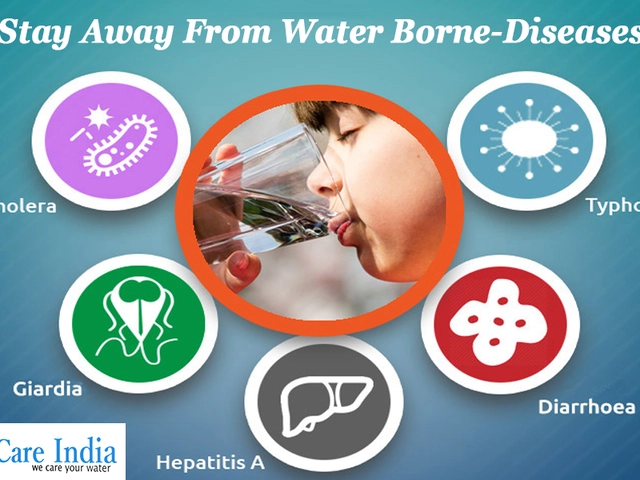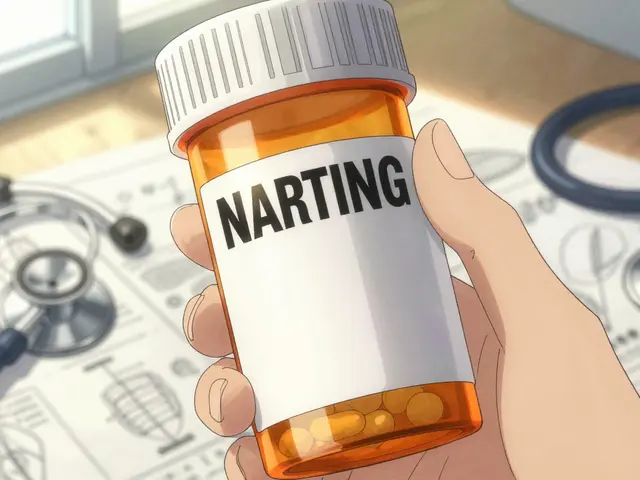FDA Regulations: Your Quick Guide to Drug Rules in the US
Ever wonder why some medicines are easy to find while others seem to disappear? The answer is usually the FDA – the agency that decides if a drug is safe, works well, and can be sold. Understanding the basics helps you avoid bad products, know your rights, and ask the right questions when you pick up a prescription.
First off, the FDA isn’t a mystery club. It’s a government body that watches every step of a drug’s life, from the lab bench to the pharmacy shelf. If a drug makes it past their checks, you can feel more confident it won’t cause unexpected harm. If it doesn’t, the FDA can stop it before it reaches you.
How the FDA Approves a New Medicine
Getting a new pill approved is a long road. It starts with pre‑clinical tests in a lab and on animals. Those results go into an Investigational New Drug (IND) application. If the FDA says “go ahead,” the company starts human trials, which happen in three phases.
Phase 1 checks safety on a small group of healthy volunteers. Phase 2 looks at effectiveness and side‑effects in patients who actually need the drug. Phase 3 expands the trial to hundreds or thousands of people to confirm benefits and spot rare problems. When all data looks good, the company files a New Drug Application (NDA) or a Biologics License Application (BLA). The FDA reviews the paperwork, inspects the manufacturing plant, and decides whether to grant approval.
If the FDA says yes, the drug gets a label that lists dosage, warnings, and any special instructions. The label is a legal document – pharmacists and doctors must follow it, and patients should read it.
Key Rules for Pharmacies and Online Sellers
Pharmacies, whether brick‑and‑mortar or online, must be licensed by the state and the FDA. They need a verified National Provider Identifier (NPI) for each prescriber they work with and must keep records of every prescription filled. This protects against fraud and makes recalls easier.
Online sellers have extra hoops. They must be certified by the Verified Internet Pharmacy Practice Sites (VIPPS) program and display the VIPPS seal. If a site ships drugs from outside the U.S., it still has to follow FDA import rules – only a 90‑day supply for personal use is allowed, and no controlled substances.
When you shop online, look for the pharmacy’s license number, a clear phone number, and a real address. If anything feels vague, it’s safer to walk into a local pharmacy where you can ask the pharmacist directly.
Bottom line: FDA regulations are there to keep you safe. Knowing the approval steps, reading the label, and checking a pharmacy’s credentials gives you control over what you put in your body. Next time you pick up a prescription or click “add to cart,” you’ll have the right questions ready.

False Advertising in Generic Drugs: Legal Risks and What You Must Know
- By : Archer Hamilton
- Date : Dec 7 2025
False advertising in generic drugs misleads patients into thinking generics are unsafe or less effective. Learn the legal risks, FDA rules, and how to spot deceptive ads that could harm your health.

Seroquel's Off-Label Use Concerns: Risks, Legal Challenges, and Regulations Explored
- By : Archer Hamilton
- Date : Mar 22 2024
Seroquel, initially approved for schizophrenia, faces scrutiny over its 'off-label' uses for conditions like insomnia and PTSD. Concerns over potential risks, such as diabetes and heart issues, alongside legal and regulatory challenges, highlight the need for careful prescription practices and patient awareness.





